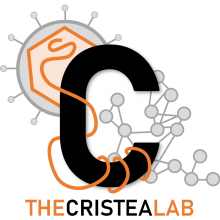Resolving the composition of protein complexes using a MALDI LTQ Orbitrap
Type
Current biological studies have been advanced by the continuous development of robust, accurate, and sensitive mass spectrometric technologies. The MALDI LTQ Orbitrap is a new addition to the Orbitrap configurations, known for their high resolving power and accuracy. This configuration provides features inherent to the MALDI source, such as reduced spectra complexity, forgiveness to contaminants, and sample retention for follow-up analyses with targeted or hypothesis-driven questions. Here we investigate its performance for characterizing the composition of isolated protein complexes. To facilitate the assessment, we selected two well characterized complexes from Saccharomyces cerevisiae, Apl1 and Nup84. Manual and automatic MS and MS/MS analyses readily resolved their compositions, with increased confidence of protein identification compared with our previous reports using MALDI QqTOF and MALDI IT. CID fragmentation of singly-charged peptides provided sufficient information for conclusive identification of the isolated proteins. We then assessed the resolution, accuracy, and sensitivity provided by this instrument in the context of analyzing the isolated protein assemblies. Our analysis of complex mixtures of singly-charged ions up to m/z 4000 showed that (1) the resolving power, inversely proportional to the square root of m/z, had over four orders of magnitude dynamic range; (2) internal calibration led to improved accuracy, with an average absolute mass error of 0.5 ppm and a distribution centered at 0 ppm; and (3) subfemtomole sensitivity was achieved using both CHCA and DHB matrices. Additionally, our analyses of a synthetic phosphorylated peptide in mixtures showed subfemtomole level of detection using neutral loss scanning.

